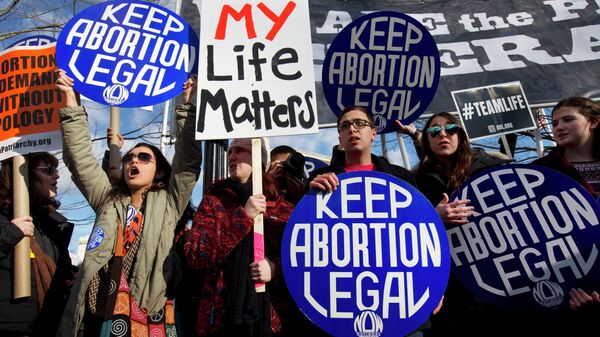Both deal with rising standards for hospitals and doctors practicing abortions in Texas. One provision mandates that all abortion clinics be constructed like surgical centers, and the other allows doctors to perform abortions only if they have admitting privileges at local hospitals.
Both were signed into law by Governor Rick Perry in 2013. At the time, the state housed 41 abortion clinics. According to CBS News, the admitting-privileges requirement forced several abortion clinics to shut down leaving the state with 19 abortion facilities. If it goes into full effect, the law would leave only 10 open in the state. None would stand west of San Antonio, and only one operating on a limited basis will be open in the Rio Grande Valley.
The high court’s decision should be delivered by June, three months before the presidential election.
Following the 1992 case of Planned Parenthood V. Casey, the Supreme Court ruled that states generally can regulate abortion practices unless doing so places an “undue burden” on women. This case reaffirmed women’s constitutional rights to abortions established in the 1973 case of Roe v. Wade.
In recent years, states have regulated abortions by establishing time restraints on when in a pregnancy the operation could be performed, imposing limits on using drugs instead of surgery, and setting higher standards on the hospitals and doctors that practice them.




